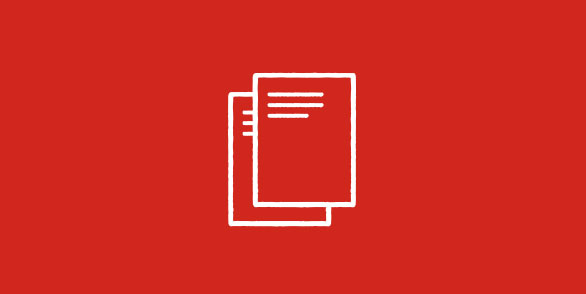
Despite recent economic uncertainty, globalisation seems to be continuing apace. Opportunities to find new markets, cut transport costs and find skilled workers are encouraging more and more companies to grow beyond their borders.
As an organisation grows, however, so do the demands on its people, systems, and business innovation; particularly its payroll solutions. Indeed, payroll can slow down an organisation’s rate of expansion into new areas and cause missed opportunities as HR and finance struggle to keep up.
Managing payroll in multiple locations isn’t as simple as doing things on a bigger scale. Problems arise when companies find their payroll solutions having to deal with very different taxation and pension rules and employment legislation. The whole process can be extremely costly, especially when organisations try to manage it themselves.
Some time ago, a report called The Hidden Reality of Payroll & HR Administration Costs by PwC found that organisations managing payroll and employee administration in house spend on average 18% more on these functions than those who outsource. And it seems that companies still fail to realise the true cost of managing payroll. In a research carried out for ADP by Insight Performance, when business owners were asked to estimate the cost per payslip each month they guessed $20. The actual cost was found to be $45.
What can payroll technologies do for me?
The function of any payroll solution is to ensure that your employees can be set up rapidly and paid accurately and on time, every time. Payroll is complicated. It varies from country to country and although most employees only really worry if they’re underpaid, it comes under regular scrutiny from authorities. Mistakes, either from technologies or people using them, can lead to employee frustration, publicity and costly fines.
Take up of outsourced payroll services varies from region to region. According to a 2014 Deloitte survey, only 31% of companies in the APAC region were outsourcing, compared to 60% in Latin America, 47% in EMEA and just 22% in North America. With outsourcing being a hot topic, these percentages are sure to have grown, especially as the benefits are there for all to see. The best payroll solutions will free up time and give you complete peace of mind. They’ll take care of everything from calculations to multi-currency deposits, tax remittances to regulatory changes, all the while maintaining total compliance wherever you operate. They’ll also bring transparency, give fast access to employee data, allow customisable reports, and help improve security.
A fully integrated HR suite brings together payroll and other HR functions, including HR admin, time management, talent management, and data reporting and analysis. Sharing information across functions makes for more accurate data, greater efficiency, and better decision-making, which allow HR to become an important contributor to organisational growth.
So, what should you look for in payroll solutions?
- Find a payroll provider you can trust.
- If you’re considering new markets make sure the provider has experts in those markets. And ensure that the software will manage payroll seamlessly in all markets.
- Make sure the solution includes all the features you need. Does it cover local laws and regulatory compliance? Can it handle supplemental payments? Is there a self-service app for employees?
- Does it operate in the cloud? Cloud-based solutions offer easy set-up, easy access to new developments and easy accessibility.
- Does it include expert support whenever you may need it?
Believe it or not, HCM decision makers across the world revealed that companies on an average have more than 31 HR applications and 33 payroll systems according to a survey by ADP. The situation is even more complex with trans-national companies, which manage an average of 40 to 50 different systems for payroll and HR. Whether this is a result of bolting on new features to cope with new territories or different finance directors choosing their own solutions, it’s clear that this will not provide the seamless solution that payroll managers are looking for.
The ultimate role of payroll technology is the same everywhere: to pay employees; but the similarities end there. Today’s payroll solutions can do much more than free up HR, finance and admin teams; they can help to create a more people-centric work environment.
Today’s flexible working practices — including job sharing, working from home, flexible hours, freelancers — demand new, smarter solutions. Solutions that will give you more time to think about what really matters: the people you are paying.
Integrated payroll software will help you attract, retain and develop the talent that will help your organisation succeed. Your payroll solution shouldn’t be allowed to limit what your company is capable of.


